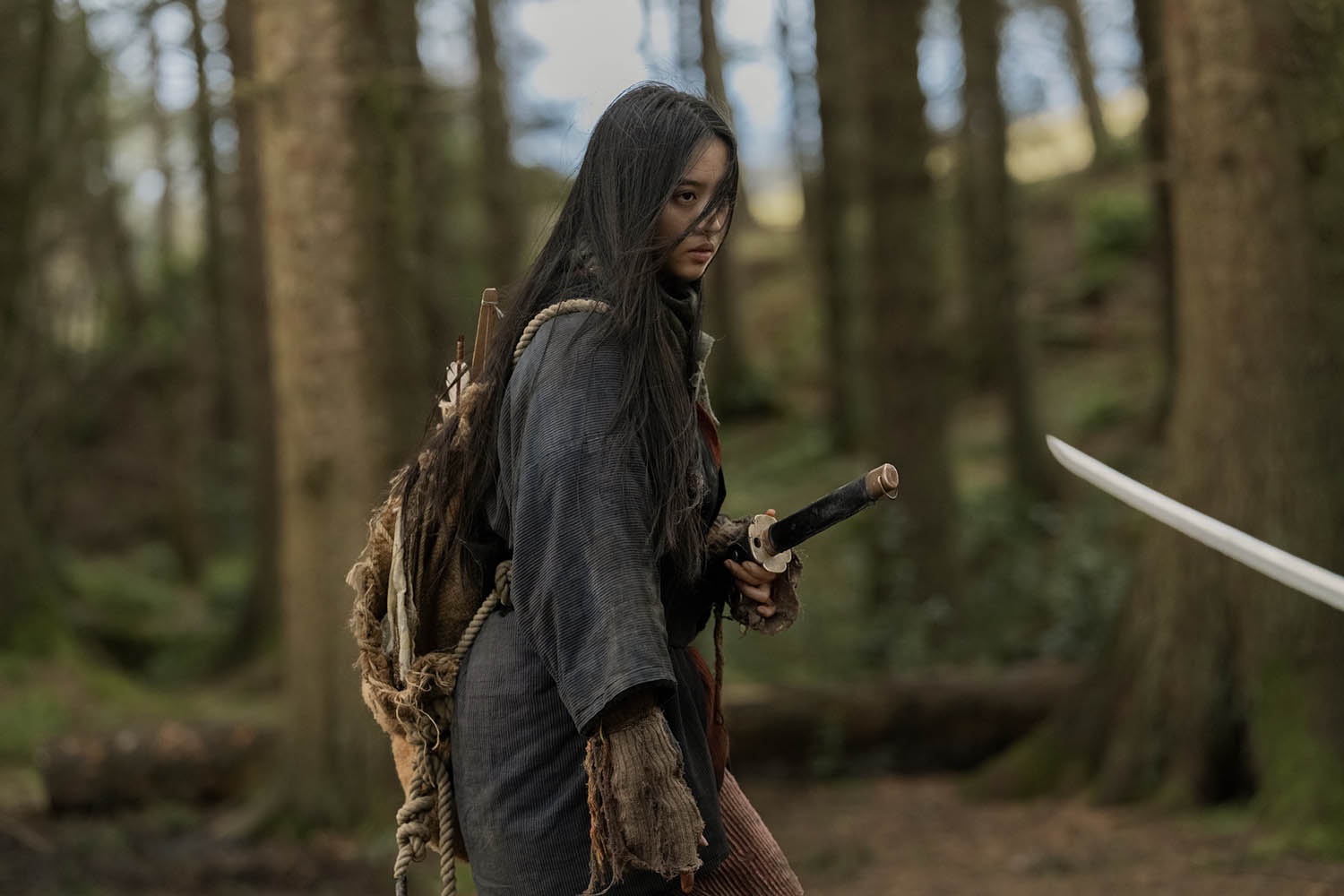Cinema, like water, tends to take the path of least resistance. The vast majority of creative decisions, in mainstream cinema and even at the artier end of the spectrum, flow along familiar routes, within recognisable genres, each with their own accepted set of conventions and rules. Which is why John Maclean’s skin-flaying, Scottish badlands-set second feature, Tornado, is so unusual: a stormy, savage story of survival, greed and vengeance that is genuinely unlike anything else you will have seen.
Maclean takes recognisable tropes – the frontier grit of the western (as in his acclaimed 2015 feature debut, Slow West); elements of Japanese chanbara, or samurai sword-fighting dramas; Scottish Highlands tribalism – and renders them fresh and unfamiliar by setting them all in a wild and unforgiving corner of the British Isles in the year 1790. It’s a supremely confident piece of film-making from the Beta Band keyboardist turned director, who co-wrote Tornado’s screenplay with Kate Leys; a detailed and vividly evoked world populated by murderous outlaws who would rob you in an instant and kill you on a whim.
We’re flung into the action from the outset. Accompanied by a score that sounds as though it was thrashed out on battle drums, a slight, terrified young Japanese woman (played by model and musician Kōki) pelts across the heathland seeking the cover of a forbidding pine forest. Her name, we later learn, is Tornado – or at least that’s her stage name in the travelling puppet-and-sword show she works on with her father, Fujin (Takehiro Hira). Tornado isn’t alone. A feral, ferrety boy dressed in rags is fleeing the same inexorable threat: a gang of burly men with huge, rib-crushing arms and the very worst of intentions.
Tim Roth’s Sugarman casually cuts the throat of one of his snivelling lackeys within the first few minutes
Tim Roth’s Sugarman casually cuts the throat of one of his snivelling lackeys within the first few minutes
The gang is led by the ruthless Sugarman (Tim Roth), a simmering, sour-faced individual with the faintly disgusted expression of a man who has just found a toenail clipping in his breakfast cereal. Sugarman leads by virtue of his sharp wits and unflinching cruelty. He casually cuts the throat of one of his snivelling lackeys within the first few minutes of the film – a shocking statement of intent.
Although most of his men are little more than dumb muscle, Sugarman has a rival within the gang. Little Sugar (Jack Lowden) appears to be his son yet could just as well be a stray urchin picked up along the way; blood ties here are as likely to be rooted in blood spilled as in blood shared. Whatever their relationship, the two share a wily cunning and sadistic pleasure in causing harm that make them particularly dangerous to Tornado.
Why these men seem so determined to kill her is revealed in a mid-film flashback, a substantial piece of scene-setting that reveals more of the dynamics between Sugarman and his gang and also fleshes out Tornado’s relationship with her father. Fujin may make a living peddling entertainment to peasants, but he’s a warrior at heart, who instils in his daughter the samurai code – and sword skills.
We’re also introduced to the loose community of itinerant show people to which father and daughter belong, a ragtag melting pot of circus folk, sideshow attractions and musicians. Here, the film’s production design, by Elizabeth El-Kadhi, steps up a notch or two. The encampment is a battered collection of trailers tacked together from scrap wood, but they’re also homes, full of acutely observed details that hint at tough lives full of stories and journeys.
It’s richly atmospheric stuff that you can practically smell (top notes of peat smoke and scorched meat; a humming undertone of sweat and damp and desperation). The action unfolds under soiled, waterlogged skies; oily smears of mist do little to soften the hard edges of this spiteful and unwelcoming land.
And when the film reaches its bruising third act and Tornado finally picks up her sword to fight back, what follows is visceral and stylish. The dull russet of the winter moorland is stained dark with spilled blood. Think Kurosawa in a kilt – not something we might have expected to see, perhaps, yet somehow it works.
Tornado (91 mins, 15) is directed by John Maclean and stars Tim Roth, Jack Lowden, Kōki
Newsletters
Choose the newsletters you want to receive
View more
For information about how The Observer protects your data, read our Privacy Policy
Photograph by Norman Wilcox-Geissen

